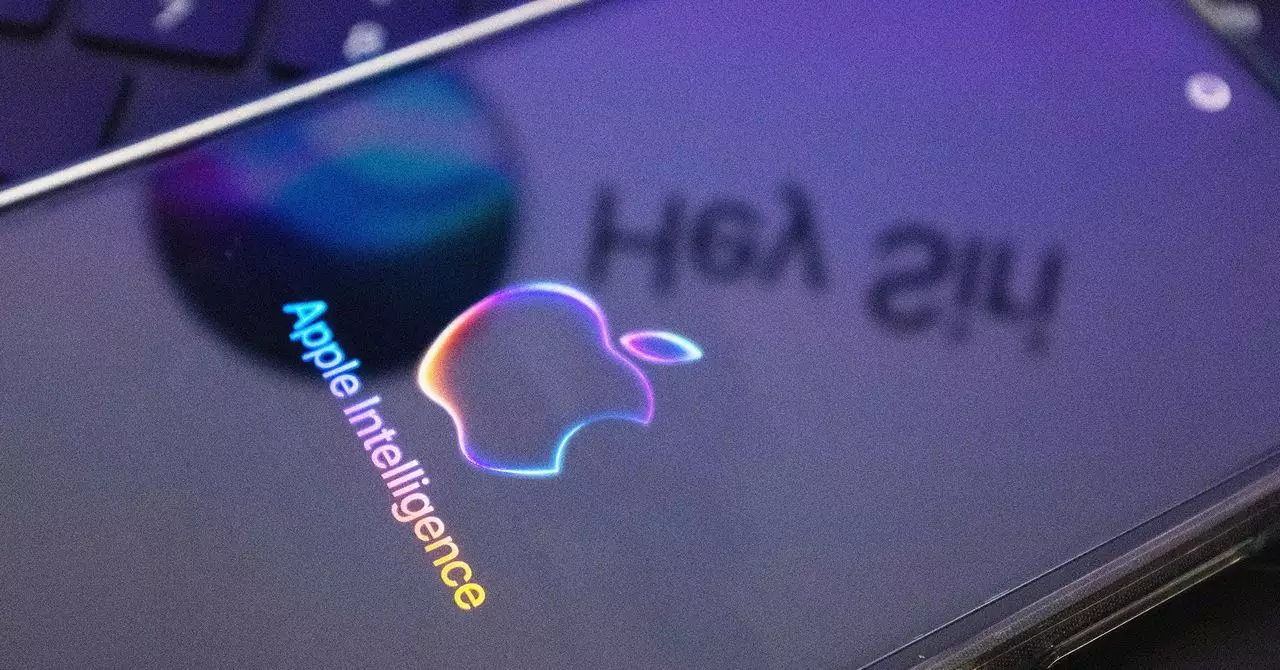In the grand narrative of technological advancements, few tales capture the imagination as vividly as that of Siri and its inception at Apple under the watchful eye of Steve Jobs. Jobs was known for his relentless pursuit of innovation, and the acquisition of Siri reflected that ethos. A personal touch was evident in the negotiations, with Jobs deeply invested in ensuring the venture’s success. Tom Gruber, Siri’s co-founder, underscores this by recalling how Jobs’ involvement extended through all stages of the deal. Jobs’ passion painted an optimistic picture of a digital assistant that would revolutionize user interaction, suggesting a powerful synthesis of artificial intelligence and intuitive technology.
However, this rosy outlook was clouded by a stark reality. Behind the scenes, the foundational elements of Siri were riddled with limitations. Apple executives who experienced the early days of Siri recounted a frustrating narrative, revealing a flawed system that barely functioned beyond its superficial charm. Former exec Richard Williamson offered a sobering critique, describing early Siri as a “hot mess.” Instead of groundbreaking AI, the technology operated mostly through rudimentary keyword matching, lacking the depth and sophistication necessary to understand and process human language effectively.
The Lingering Challenges of AI Integration
Fast forward to today, and the question looms larger than ever: Why does Siri still struggle to meet user expectations in an era filled with advanced conversational AI? The landscape of artificial intelligence has undoubtedly matured, yet Siri appears to lag behind competitors like Alexa and Google Assistant, which seem to seamlessly integrate AI capabilities into everyday use. One of the most perplexing hurdles is Apple’s commitment to privacy and data stewardship, a double-edged sword that affects their AI functionalities.
Apple’s approach to privacy, long a cornerstone of its brand identity, clashes with the aggressive data-harvesting strategies employed by rivals. While other platforms leverage user data to enhance AI responsiveness and learning, Apple hesitates to walk this path. As Siri continues to operate within the confines of strict data privacy, it inadvertently limits its potential. Gruber’s insights reveal the potential conflict: if Apple does not compromise on privacy, it might be sidelining the ability to harness more powerful AI offered by companies like OpenAI. The trade-off between privacy and enhanced functionality presents a serious dilemma for the tech giant, raising questions about whether it’s worth it to uphold these principles at the expense of user experience.
The Dichotomy of Siri’s Development
The upcoming iteration of Siri has attempted a new strategy by dividing its computational tasks. A lightweight language model resides on the iPhone, handling basic commands, while more intricate queries necessitate offloading to OpenAI’s extensive AI capabilities. This setup introduces a layer of complexity and requires user consent, which places additional friction into the already cumbersome user experience. With Apple’s AI housing only a fraction of the parameters compared to OpenAI’s advanced models, one cannot help but wonder if Siri is fundamentally under-powered.
The surveillance of privacy and the limitations of Siri’s architecture limit the effectiveness of this voice assistant. While competing services boast sophisticated contextual understanding, Siri’s foundational constraints impede its growth. It feels less like a personal assistant and more like a tool encumbered by its heritage, trapped in a dichotomy between privacy values and the need for functional excellence.
Looking Ahead: The Future of Intelligent Assistants
As the technology landscape continues to evolve, the expectations surrounding digital assistants grow increasingly ambitious. The pressing question is whether Apple will maintain its staunch commitment to privacy or pivot towards a model that embraces user data to enhance Siri’s intelligence. The upcoming Siri could signal a groundbreaking shift in how Apple balances consumer protection with the demand for robust AI functionality.
What stands out in this ongoing narrative is not just the technology itself but the principles guiding its development. As Apple navigates these turbulent waters, it must answer the broader question of how to remain a leader in innovation while upholding the ideals upon which it was founded. Will Siri evolve to become the digital ally that Apple originally envisioned, or will the internal struggle between privacy and progress continue to hinder it? The answer may redefine not just Siri, but the entire ecosystem of digital assistants competing for our attention.


Leave a Reply